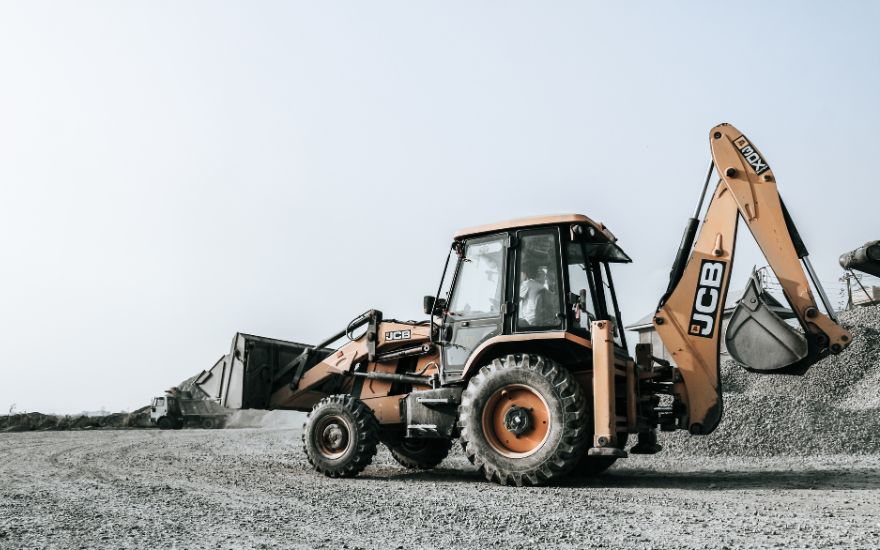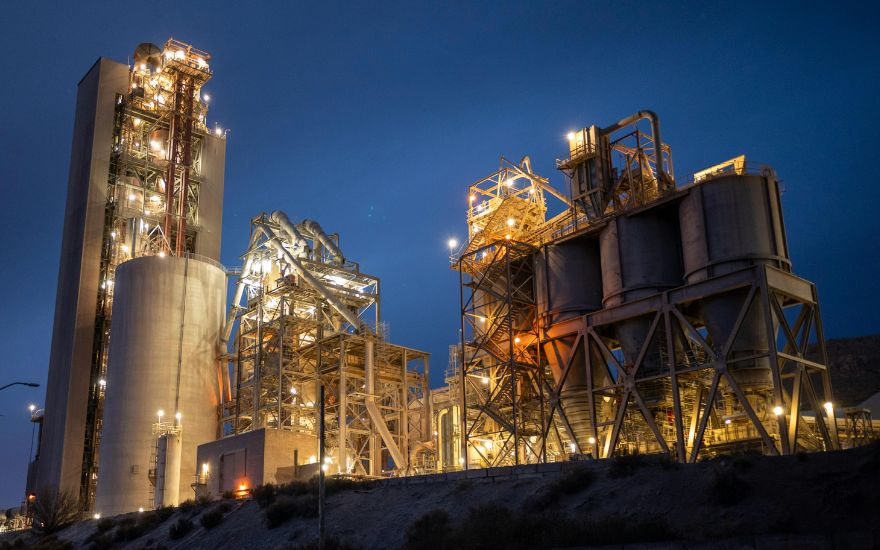When you’re diving into a large-scale construction project, excitement often comes first. But quickly, the reality of navigating complex contracts, fluctuating timelines, and unexpected costs sets in. If you’ve worked with or are considering working with PCL Construction, you’re probably trying to understand what you’re getting into—or worse, how to solve persistent issues that have already arisen. Whether you’re a homeowner, developer, or a facilities manager, it’s natural to want clarity, transparency, and a smooth experience from one of Canada’s leading construction firms.
This blog gives you an in-depth look into common challenges people face with PCL Construction, along with crucial information to help you make informed decisions. We will examine core aspects you need to understand before working with them, followed by detailed insights into what you should consider for better outcomes. If you’re looking for a dependable partner to help with your real estate needs in Canada, CozyCasa is here to assist you with vetted alternatives and guidance tailored for your goals.
Key Considerations Before Choosing PCL Construction
Before you commit to any large construction firm, it’s essential to understand the foundation of their operations. The way they manage timelines, budgets, communication, and site safety can significantly affect the success of your project. This section outlines the most important elements you should evaluate before engaging with PCL.
1. Project Management Style and Transparency
Many clients expect that PCL Construction, as a major industry player, will naturally provide streamlined project management. However, while their structure is robust, it’s also bureaucratic. This can result in slower response times and unclear updates, especially for clients unfamiliar with corporate procedures. Understanding how they manage updates, changes, and client communication is critical before signing any contracts.
Clients have reported that timelines can shift unexpectedly due to supply chain issues or internal project shuffling. It’s crucial to request transparent reporting mechanisms and demand accountability milestones to ensure your project stays on track. If not managed proactively, these issues can cause cascading delays.
2. Contract Complexity and Scope Clarity
PCL’s contracts are detailed and dense, which can intimidate those without legal or construction background. Every line needs to be understood thoroughly to avoid scope creep or misinterpretation later in the project. This becomes especially important if the initial scope of work changes due to unforeseen factors or project evolution.
Be sure to engage a third-party consultant or legal advisor who can break down the jargon. This simple step can save you thousands and significantly reduce frustration mid-project. CozyCasa offers contract consultation as part of our premium support services to make this step seamless for you.
3. Budget Control and Change Orders
Change orders are notorious in the construction world, and PCL is no exception. Once the project begins, any additions or changes—even seemingly minor ones—can lead to major cost escalations. Budget overruns typically stem from unforeseen site conditions or late-stage design changes, but poor initial planning can also be a culprit.
Ask upfront about PCL’s process for handling change orders, including how they price them and the time they take to approve. You’ll also want to discuss contingency allowances and how flexible your budget can be. CozyCasa’s budgeting consultants can help you evaluate this ahead of time.
4. Vendor and Subcontractor Oversight
As with many large firms, PCL delegates much of the on-ground work to subcontractors. This means the quality of your build will heavily depend on the people they outsource to. If subcontractor performance isn’t rigorously monitored, your project could suffer in quality or experience delays.
Inquire about their vetting process for subcontractors and ask for references or case studies of past projects. Consider hiring a third-party site inspector to ensure quality control at every phase. CozyCasa connects clients with certified local inspectors to safeguard your investment.
5. Post-Construction Support and Warranty
Post-construction support can be patchy with large firms. Although PCL offers warranties, some clients have experienced slow responses when issues arise after project handover. Your contract should include clear language around warranty response times and what constitutes an emergency.
You should also clarify who to contact post-completion. Often, the project team is disbanded, and getting follow-up support can be frustrating. CozyCasa provides handover transition plans to ensure you aren’t left scrambling for help.
Top 5 Challenges Clients Report About PCL Construction
Now that you know what to watch for in general, here are the most common issues that clients have encountered when working with PCL Construction.
1. Communication Gaps During Project Phases
Effective communication is a linchpin in project success. Many clients have noted that communication with PCL can be inconsistent, especially during handoffs between departments. This issue becomes pronounced in longer projects with multiple phases. Regular updates may drop off or shift in tone, leaving clients uncertain about project status.
This communication breakdown often happens because different teams within PCL handle different aspects of a project. To mitigate this, request a dedicated liaison or project manager to ensure continuity from start to finish.
2. Inflexibility with Custom Design Changes
While PCL excels in replicable builds and large-scale commercial projects, they may be less agile when it comes to adapting to custom design requests. This can be frustrating for clients with specific aesthetic or functional requirements. Even small changes might be met with resistance or come at a high premium.
It’s essential to negotiate flexibility during the contract stage and identify which design elements are fixed and which can evolve. CozyCasa advisors can help you outline a flexible design charter tailored to your needs.
3. Scheduling Conflicts and Project Delays
Due to their size and number of concurrent projects, scheduling conflicts are a recurring issue with PCL. Sometimes, labor or equipment is redirected to another high-priority site, affecting your timeline. This unpredictability can be problematic, especially for time-sensitive developments.
Ensure that your contract includes penalties for delays and outlines exact resource allocation terms. CozyCasa can help review and negotiate such clauses to protect your interests.
4. Limited Personalization in Client Interaction
PCL’s corporate structure can make them seem distant compared to smaller firms. Some clients have felt that their concerns were not addressed promptly or that they were not treated with individualized attention. This impersonal approach can be disheartening during what is often an emotional and financial investment.
To counter this, ensure you’re assigned a senior manager who remains accessible throughout the project. CozyCasa ensures high-touch communication and project representation on behalf of clients.
5. Warranty Resolution Delays
Warranty issues, as mentioned, can take longer to resolve due to internal routing and department-specific workflows. This leads to frustration, especially when defects or urgent issues arise right after move-in or project closure.
Create a post-project escalation plan with the contractor before the handover. CozyCasa offers post-construction support packages to help ensure warranties are honored swiftly and efficiently.
Why Choose CozyCasa Instead?
At CozyCasa, we understand that each client’s needs are unique, and that’s why we go the extra mile to offer customized support, transparent project oversight, and end-to-end service. We don’t just help you choose the right contractor—we walk the journey with you.
From contract negotiation and budget planning to ongoing site inspection and post-handover support, CozyCasa is your reliable partner in ensuring your project is a success. Our curated network of construction professionals is vetted for reliability, transparency, and performance. When you work with us, you’re not navigating the construction landscape alone—we’re right there beside you.
Ready to get started? Visit CozyCasa’s homepage to schedule a free consultation with one of our construction specialists.
Conclusion
Working with a major player like PCL Construction has its benefits, but it’s not without challenges. By understanding their workflows, potential pitfalls, and your rights as a client, you can better protect your project’s timeline, budget, and quality. However, if you’re looking for a more personalized, responsive, and efficient approach, CozyCasa offers a superior alternative.
Our role is to empower you with the tools, knowledge, and partnerships necessary to bring your vision to life—without the stress. Make your next project a success story with CozyCasa by your side.
FAQs
- Is PCL Construction good for residential projects?
While PCL is better known for commercial builds, they do take on select residential projects, though these might lack personalized touch. - What should I review in a PCL contract?
Pay close attention to scope definitions, change order clauses, and post-construction support terms. - How can I ensure my PCL project stays on schedule?
Insist on milestone reporting and consider including performance penalties for delays in the contract. - Does PCL offer design flexibility?
PCL is more rigid with design changes compared to smaller firms; discuss custom elements early on. - Can I negotiate prices with PCL?
There may be limited room for negotiation; having a consultant like CozyCasa advocate on your behalf helps. - What happens if there’s a quality issue post-handover?
PCL offers warranties, but response times can vary. Plan for escalation protocols. - Are subcontractors hired by PCL reliable?
This depends on their local network. Always ask about vetting procedures and request references. - What’s the benefit of using CozyCasa with PCL?
We provide third-party oversight, from contract review to post-construction warranty handling. - Does CozyCasa only work with PCL projects?
No, we offer support across multiple contractors and help you find alternatives as needed. - How do I start with CozyCasa?
Visit https://cozycasa.ca to book your free consultation today.

